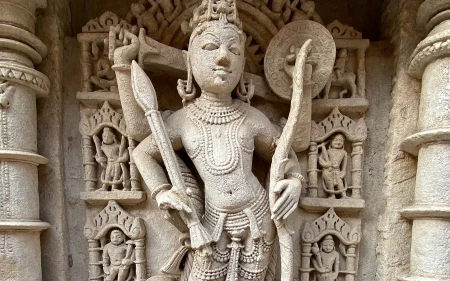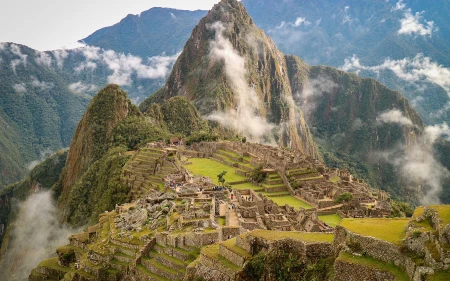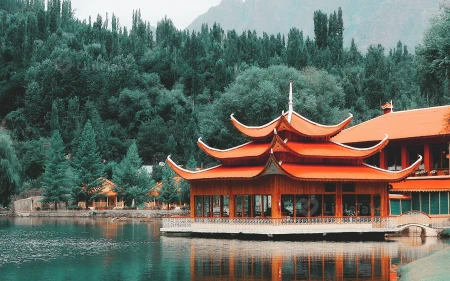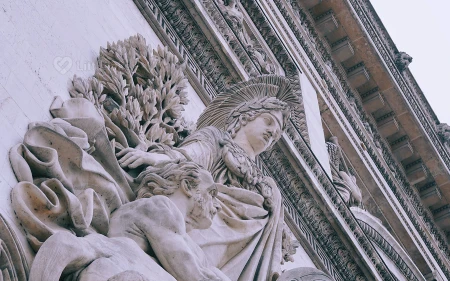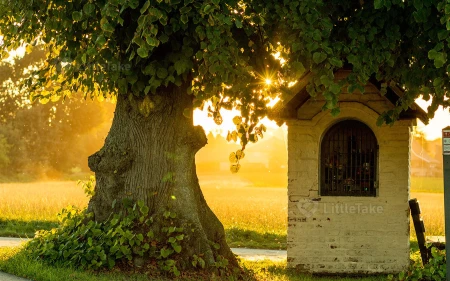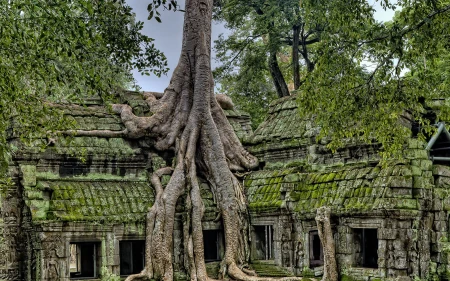
Indigenous Wisdom: Preserving Heritage
Indigenous cultures around the world possess a wealth of wisdom and knowledge that has been passed down through generations. Their deep connection to the land and its resources has shaped their way of life, beliefs, and traditions. In this article, we will explore the importance of preserving indigenous heritage and some of the ways in which communities are working to safeguard their unique cultural practices for future generations.
The Importance of Indigenous Wisdom
Indigenous wisdom is crucial to the preservation of our planet's biodiversity, as well as the sustainability of our global society. Through their intimate relationship with the natural world, indigenous people have developed a profound understanding of ecosystems, medicinal plants, and sustainable practices. By preserving indigenous knowledge, we can learn valuable lessons about living in harmony with the environment and each other.
Language Preservation
Language is a critical aspect of cultural identity, and the loss of an indigenous language can lead to the erasure of valuable knowledge and traditions. Efforts are being made to document and revitalize endangered languages, with initiatives such as language schools, bilingual education, and digital archives. By supporting language preservation, we can ensure that the rich heritage of indigenous cultures is not lost.
Traditional Arts and Crafts
Indigenous arts and crafts represent a vital aspect of cultural heritage, reflecting the beliefs, history, and aesthetics of their creators. To preserve these traditional art forms, communities are engaging in initiatives such as apprenticeship programs, workshops, and cultural centers. These efforts not only safeguard artistic techniques and practices but also provide a source of income and pride for indigenous artists.
Land Rights and Conservation
Protecting the land rights of indigenous people is essential to the preservation of their culture and way of life. By securing legal recognition of their territories, indigenous communities can continue to live in accordance with their traditions and maintain their sacred sites. Additionally, indigenous-led conservation initiatives demonstrate the effectiveness of traditional ecological knowledge in managing and protecting natural resources.
Cultural Exchange and Education
Fostering cultural exchange and raising awareness about indigenous heritage are important steps in ensuring its preservation. Programs such as cultural exchanges, workshops, and educational initiatives can promote understanding and appreciation of indigenous cultures, while also empowering communities to share their wisdom and experiences with the wider world.
By recognizing the value of indigenous wisdom and taking steps to preserve it, we can honor the rich cultural heritage of these communities and learn from their unique perspectives. In doing so, we contribute to a more diverse, resilient, and sustainable global society.













